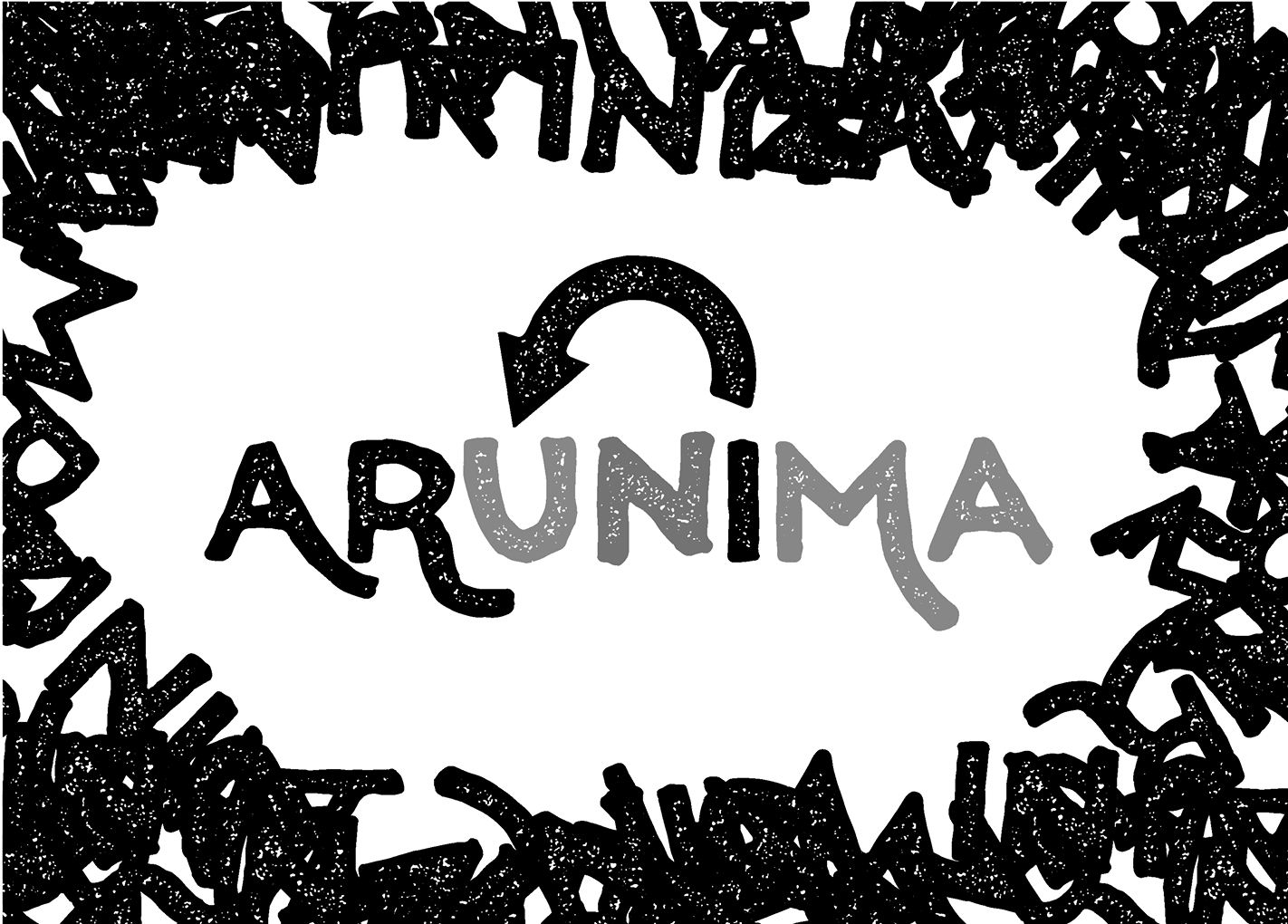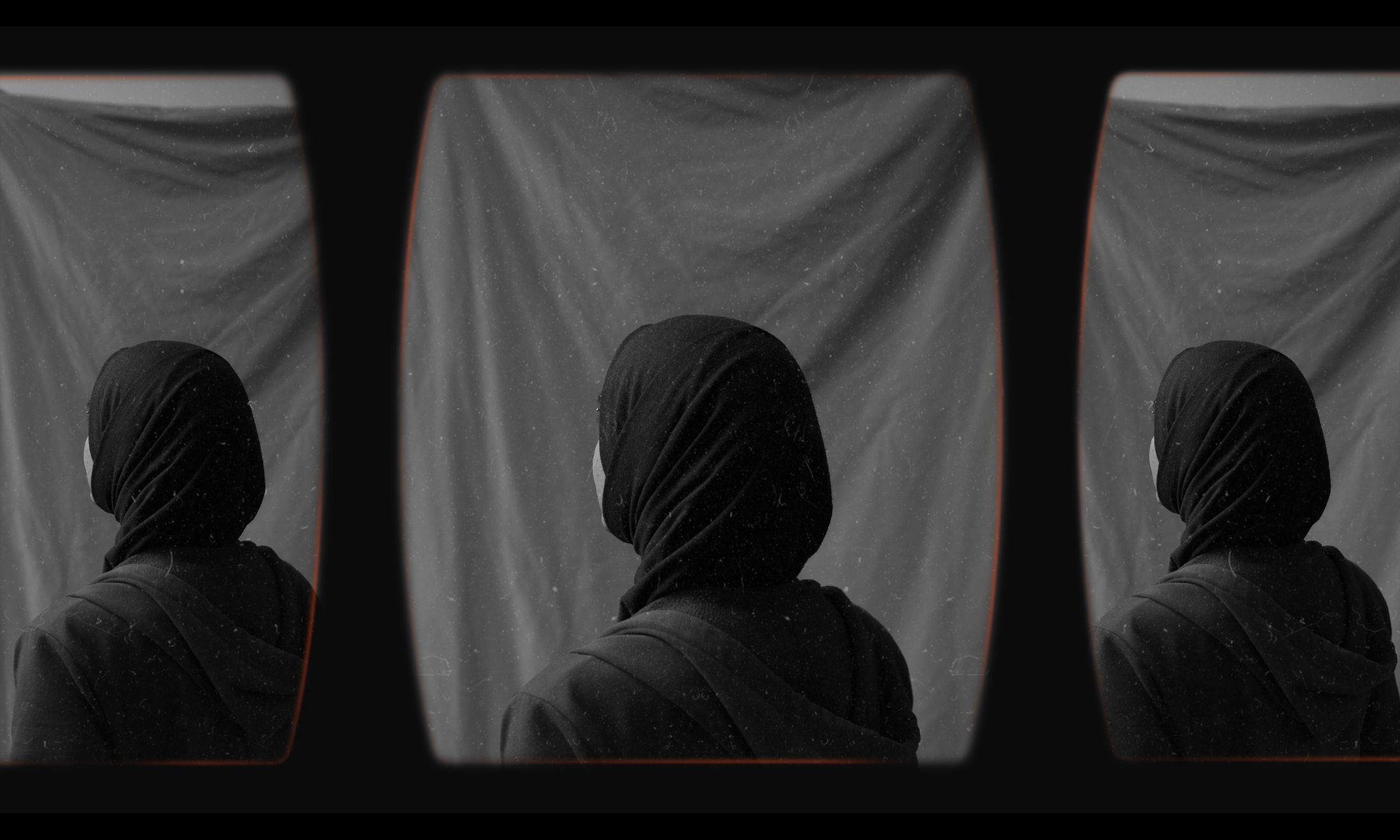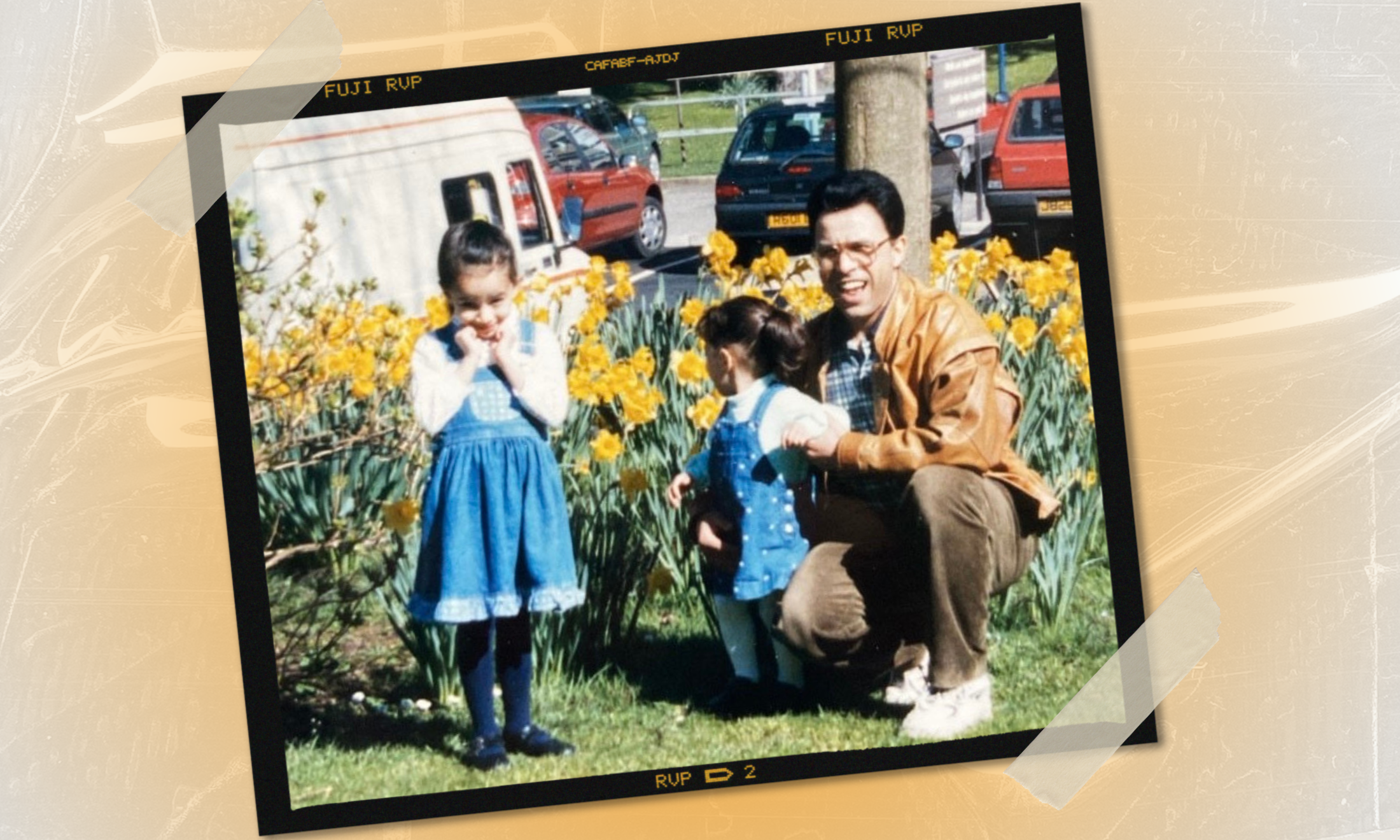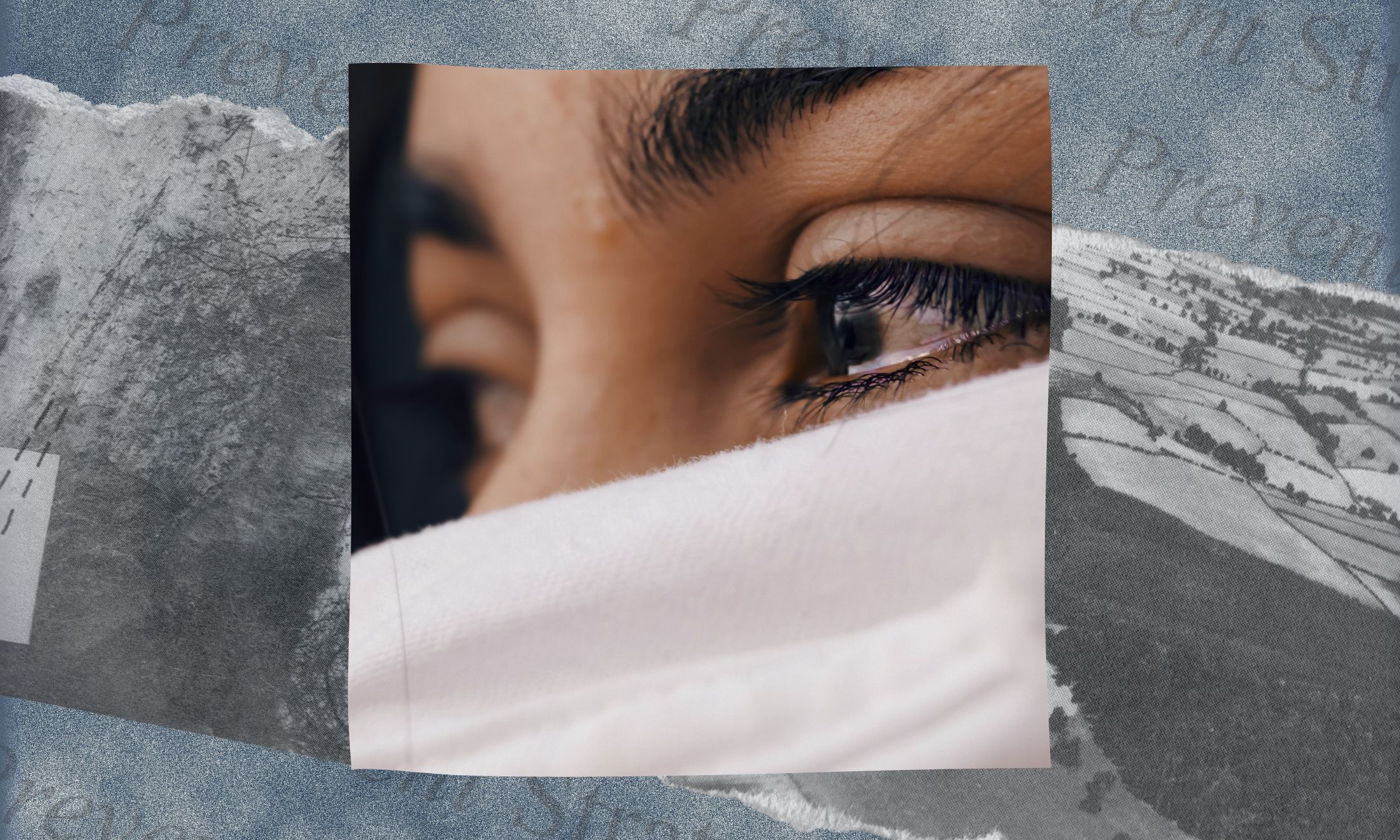
There are different flavours of Anglicization – an anglicised pronunciation, an anglicised abbreviation or choosing an entirely new name. I’ve tried all, and I have regrets. What’s in a name? And why anglicise one?
Born Arunima Haque, it became clear that the first battle would be to get people to attempt to even say my name. They see seven letters, not usually thrown together in English, and they panic. Never mind that Catherine is longer or that Ashleigh has silent letters, teachers and students alike would freak out about my phonetics.
My parents aimed high – “it’s Oh-Roo-Nee-Mah” – the correct Bengali pronunciation. But I abandoned this once I was able to speak for myself. “Ah-Rah-Nee-Mah,” I would be. It sounded better in the harsh plosives of English anyway. I couldn’t quite give up with Haque though. “Hock like…” – there’s plenty of ways to finish that sentence. I struggle on.
“A girl in my class, Danielle, who’d taken to the role of court jester, decided the name Arunima no longer suited me”
Year eight: I finally had two eyebrows instead of one. I had taken to parting my hair on the side. I refused to wear my glasses despite acute myopia, hoping that eventually my parents would let me have contacts. A girl in my class, Danielle, who’d taken to the role of court jester, decided the name Arunima no longer suited me. I was rechristened Taisha. It didn’t stick; Danielle and her girl gang only sat together in Art, so for a few weeks for a couple of hours, I went by Taisha before everyone forgot about it.
However, the idea stuck in my mind – I needed a new name to suit the new me, a cigarette smoker who talked to boys. It needed to be short and memorable. I came up with Ari. With insistence and the advantage that MSN let you choose your own screen name, it stuck.
Madonna-like attempts to go first name only have failed. I was still conscious of my last name being Haque – when you look at it written down by Arunima, it is unmistakably a Muslim name. But Ari Haque? That looks quirky. It’s maybe foreign, but not necessarily Muslim. So on name badges and CVs, I was Ari. And people reacted to Ari differently than they did to Arunima.
Muslim women are three times more likely to be unemployed job seekers than women generally, and twice as likely to be economically inactive. There are many layers of socioeconomic influence leading to that statistic, and discrimination, overt or not, is one of them. This discrimination can be simply on the basis of name – research has shown that people with white sounding names are more likely to get hired, to the point that careers advisers suggest going by your most white sounding moniker. This has led to calls for name blind applications, a measure that was to be adopted as part of the UCAS university admissions process in 2017.
“just having a Muslim name on a job application may significantly lower your job prospects“
A country can try to be welcoming and open in its border policies but the trend persists. There is evidence to suggest that countries supposedly more open and tolerant to immigration than the UK, such as Sweden, suffer similar problems. Sweden is considered to have a comparatively open approach to its borders compared to other European neighbours. A 2016 study found that, of a sample of 21 European countries, Sweden has the most positive attitudes to immigration. Yet, there are still such pervasive intolerances in behaviour in Sweden that just having a Muslim name on a job application may significantly lower your job prospects. It seems that this type of discrimination is mostly a result of unconscious bias, which can be the most difficult type of bias to tackle.
The most pernicious indication of this trend is that it comes down to a dislike or repulsion to any indication of otherness. You can be a second or third generation immigrant, you can be a national, a citizen, assimilate as much as you want, be patriotic through and through, and you’ll still be subject to judgement because of what you’re called. An understandable correlative decision can be to westernise your name. But we need to recognise that it’s still a decision that’s permissive of discrimination, even if it’s unconscious.
I hadn’t considered my naming choices a political statement until recently. It wasn’t conscious, I just wanted a “cooler” sounding name. But, just as I’ve chosen to conform to white western ideals of fashion and beauty, I’ve chosen to whitewash my own name without paying much heed to the implications and endorsements of it at the time. The thing with names is, as I had hoped, they stick. An inadvertently political choice I took about my cultural identity aged 14 has stuck. I’m Ari now and, for better or worse, Arunima is lost.









